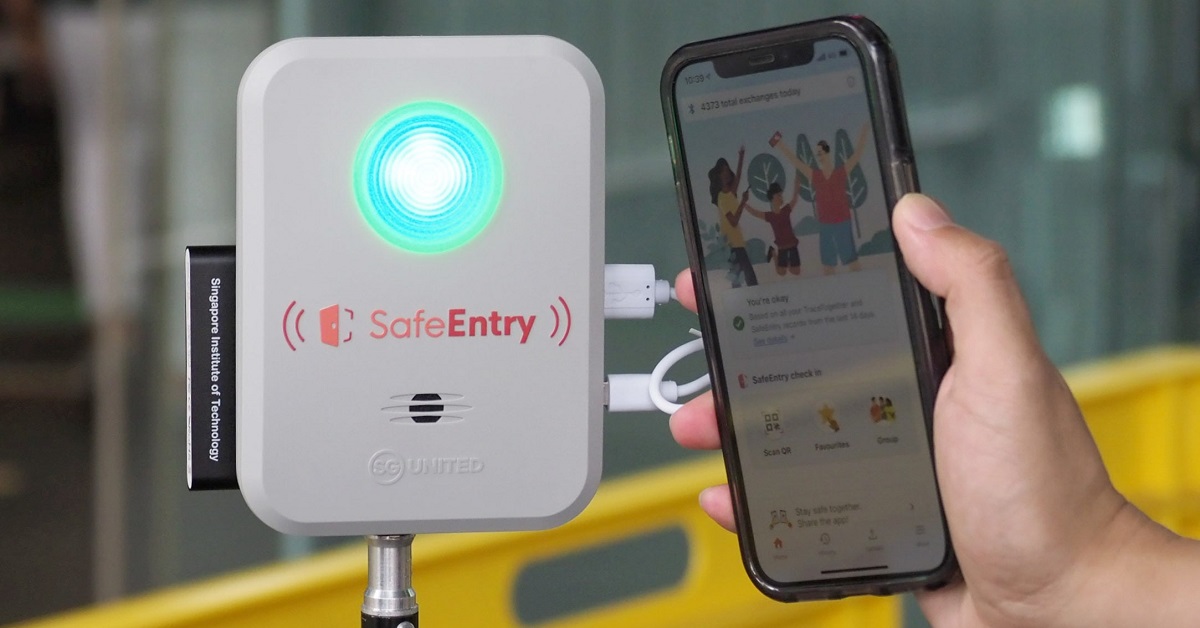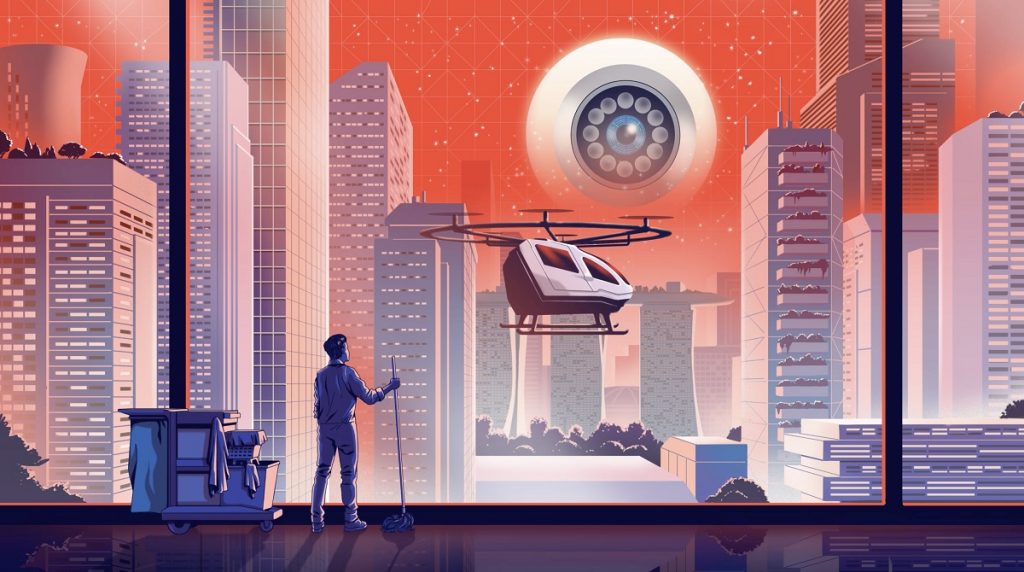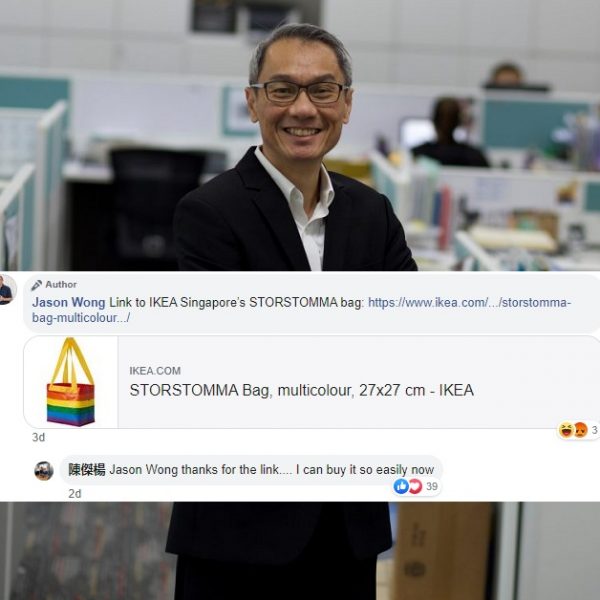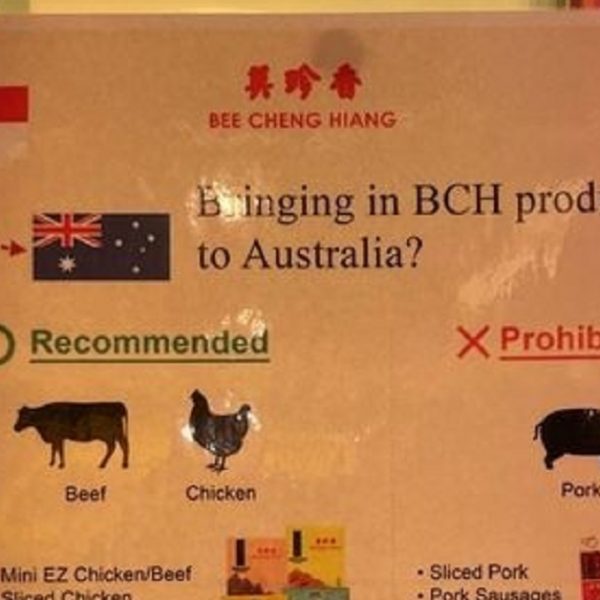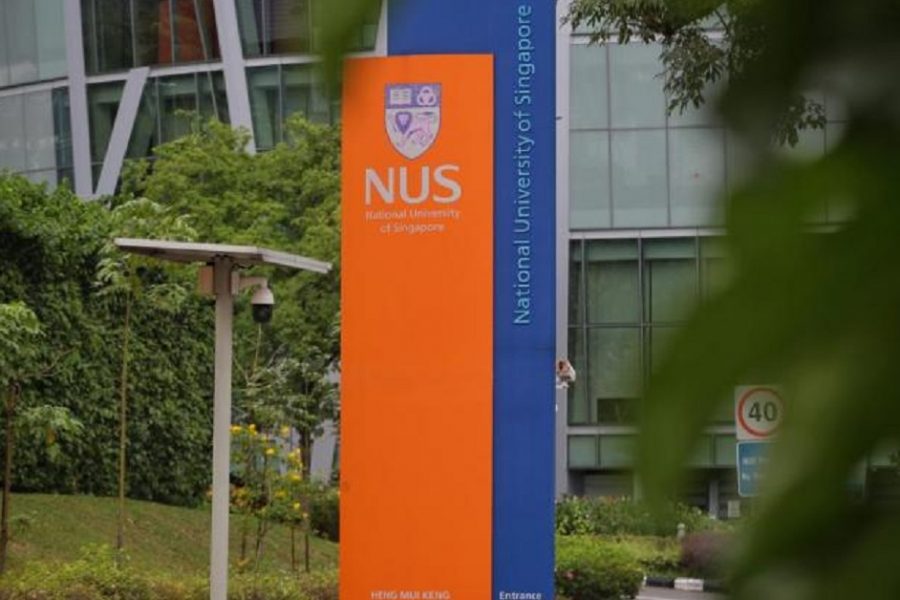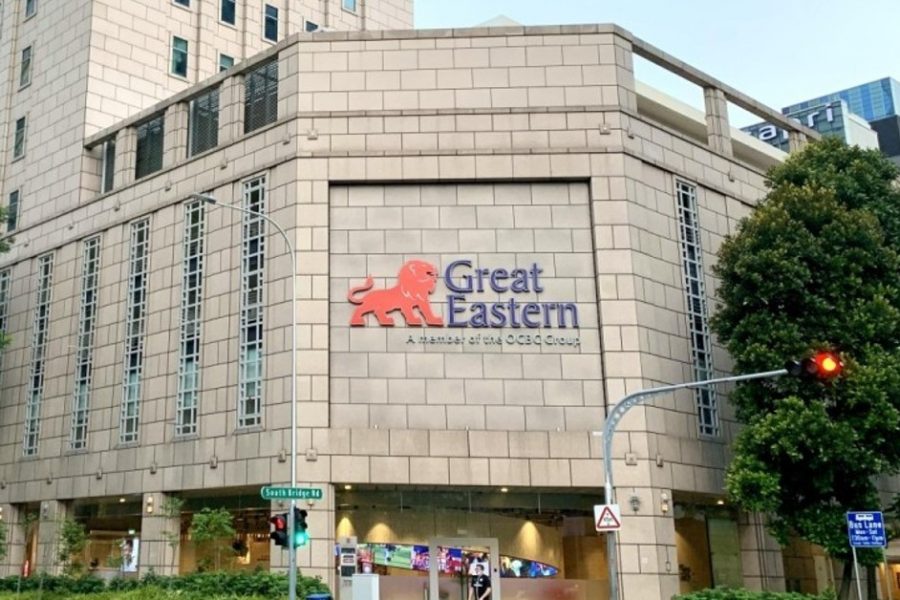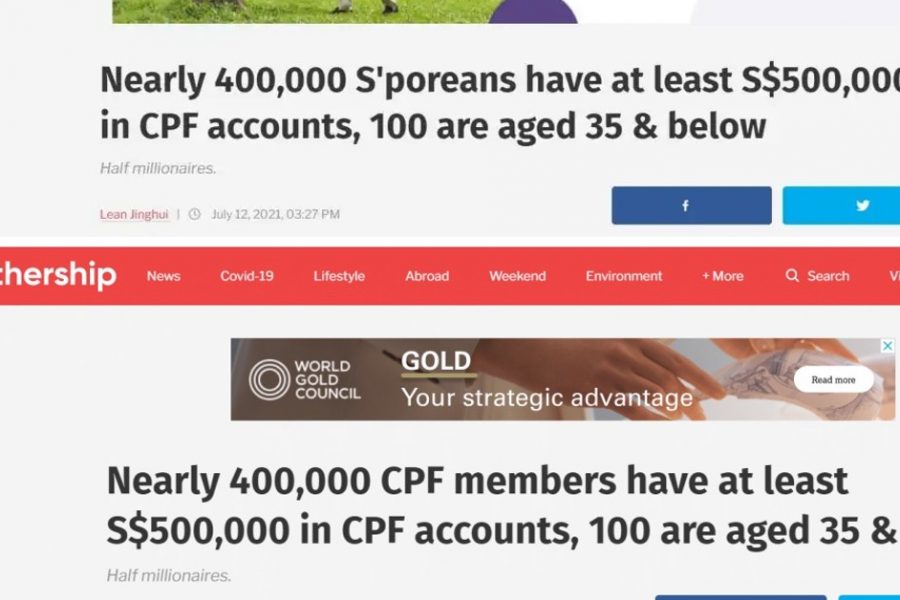It is no surprise to anybody that Singapore ranks as one of the most densely-surveilled states in the world, with one of the highest rates of data requests from various technological companies and means by official authorities. By far, the most visible and controversial example of such state surveillance in Singapore has been the introduction of TraceTogether back in 2020, a digital system implemented by the government initially as a tool to facilitate contact tracing efforts, but subsequently silently morphed into a de-facto vaccine passport and individual citizen-tracking tool over time.
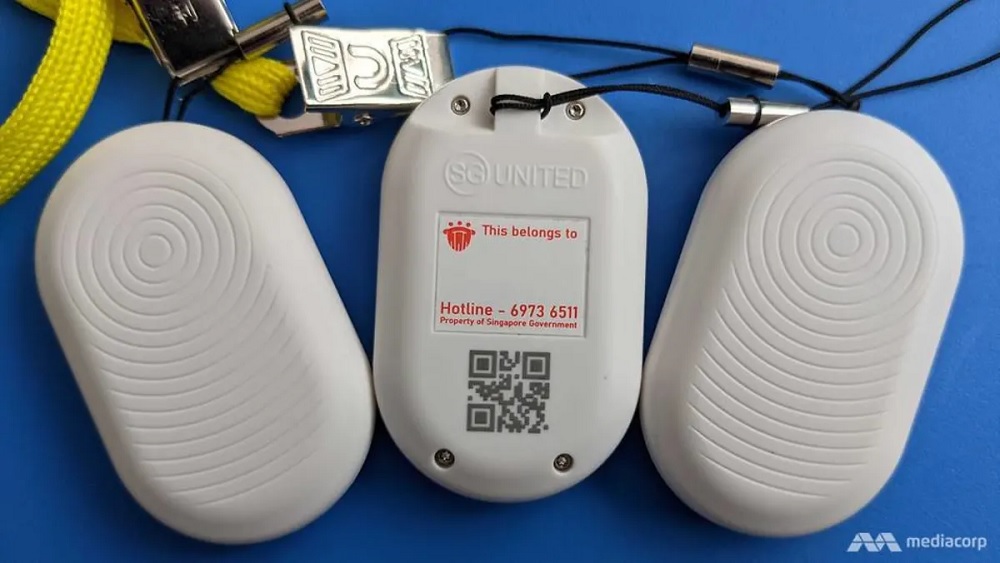
The government’s shifting rhetoric and justifications for TraceTogether has been well-documented in state and international media. Back in June 2020, Minister Vivian Balakrishnan (who was in charge of the Smart Nation Initiative under which TraceTogether was developed) stated that the application and its physical token equivalent was only capable of capturing Bluetooth proximity data, and that without a GPS chip or internet connectivity, there was “no possibility of data being uploaded without the participation and consent of the user”.
Barely half a year later, whatever trust in this deeply intrusive and personalized societal public health digital tracking system was severely dented when Minister of State Desmond Tan (Home Affairs) disclosed in Parliament that contrary to previous declarations, TraceTogether could indeed be utilised to provide useful data for the Singapore Police Force in any criminal investigation it saw a need to draw potential data evidence from personal mobile devices.
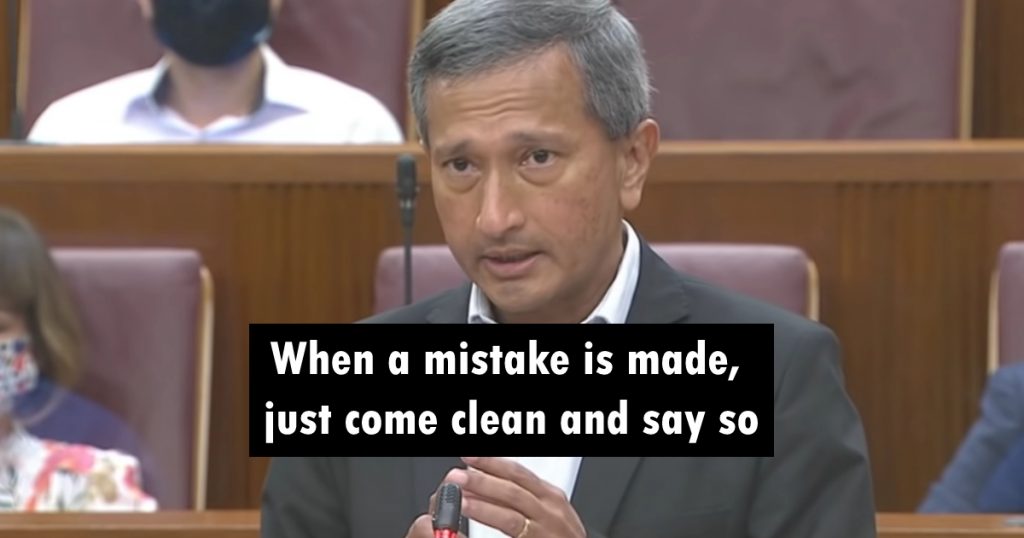
TraceTogether would officially be sunsetted in its original purpose as a Covid-19 contact tracing tool from 26 April 2022, almost two years after its inception. However, any promises of it being purely a public-health specific tool has utterly fallen by the wayside, given how it will continue to be used as a de-facto vaccine passport for access into certain public venues such as nightclubs or events with more than 500 people. In a chilling statement from the Ministry of Health, it was also reaffirmed that TraceTogether data “may continue to be used by police officers and law enforcement officers for criminal investigations and proceedings in respect of serious offences”, and that the digital system would not be permanently dismantled “in case of future needs to reactivate them again”.
The TraceTogether saga throughout the past two years of the Covid-19 pandemic has put paid to any government fiction of data access control and motive of usage for pure public health reasons for the common citizen. This is assuming that the common citizen in Singapore had trust or interest in their own privacy and personal data rights being intruded into by the state in the first place. It crystallises the thorny issue of oversight on government intrusion into the privacy of individual citizens in the country based on whatever the powers that be declared to be done “in the public interest/for the public good”, and it does no favours to dispel any notions that the Singapore government had used Covid-19 as an excuse to put in place social engineering and public surveillance platforms and policies that ordinarily would never have been considered nor publicly palatable.
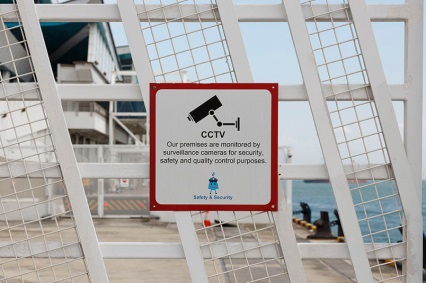
Till today, the Singapore government has not released any independent, significant, or concrete data or statistics to directly correlate TraceTogether usage to any significant impact it has had on Covid-19 diagnosis rates or community cluster control over the past two years. TraceTogether’s efficacy was always based on the government’s word, legislated mandating, and little else. To make matters worse, TraceTogether has morphed into a vaccine passport digital system for anybody residing for more than a month in Singapore, in a time and age where most countries in the world have either rejected such measures as being legally and constitutionally unacceptable, or meaningless from a societal public health perspective. All this has been done without much in any way of parliamentary debate or discussion, and simply presented to Singaporean society as a fait accompli to be lived with in exchange for regaining some modicum of pre-pandemic freedom and entertainment in daily life.
Little has been done politically and societally in Singapore to address the larger question of effective oversight over social engineering and public health control/surveillance measures propagated by the government authorities. The Singapore Police Force has always had sweeping powers to justify access to one’s electronic devices and all data on it way before TraceTogether or Covid-19 was a thing, and this deserves to be discussed as a separate issue of oversight and accountability against potential abuse. But the blatant co-opting of TraceTogether into becoming a law enforcement data tool represents yet another low in Singapore’s pursuit of enforcing law and order through relentless hoovering up of public and personal data behind the shadows of society. Such things can be done largely on the basis of banking on Singaporean society’s general apathy, disinterest, or learned helplessness about oversight on such measures, or accountability on any tangible, justifiable, and significant correlation between the collection of such data and any improvement in law enforcement statistics.
“The Singapore Police Force has always had sweeping powers to justify access to one’s electronic devices and all data on it way before TraceTogether or Covid-19 was a thing”
People who trot out the argument that “if you have nothing to hide you have nothing to fear” are missing the entire point of consent in a societal compact between those who rule and those who are ruled. Singaporean society by and large understands that various societal control measures we were living with over the past two years (such as restrictions on gathering sizes, checking in at public locations, sharing of past interaction records, restriction on certain businesses to operate) are done with the logic that extreme times call for extreme measures.
However, this is not free license given to the state to push the Overton window on what’s now acceptable social engineering and public surveillance in society when Singapore and the world moves out of the Covid-19 pandemic. Perversely, the Westminster-model majoritarian ruling model of Singapore’s parliamentary system is interpreted by the PAP with its parliamentary supermajority as carte blanche consent for anything to be implemented with license of popular support and “the will of the people”. TraceTogether might have been sunsetted now as a contact tracing tool, but its very sunsetting was based on prevaricated catch-all statements by government ministers on “observing the evolving situation”; a polite manner of goalpost-shifting and political stalling in the name of “adaptability to circumstances”.
Singapore can breathe more easily and celebrate the sunsetting of TraceTogether for the time being, along with the removals of various restrictive inconveniences in accessing public venues and vaccine-differentiation status measures. However, TraceTogether remaining as a vaccine passport platform and potential law enforcement data gathering tool signifies the worst of the Singapore government’s encroaching restrictions and surveillance of a population that has never been asked to consent for. In an era where Big Government uses law and order, and societal public health as a justification for collecting Big Data on as many aspects of our daily lives as they can, it is even more urgent that the question be asked: who watches the watchers?
Commentary
